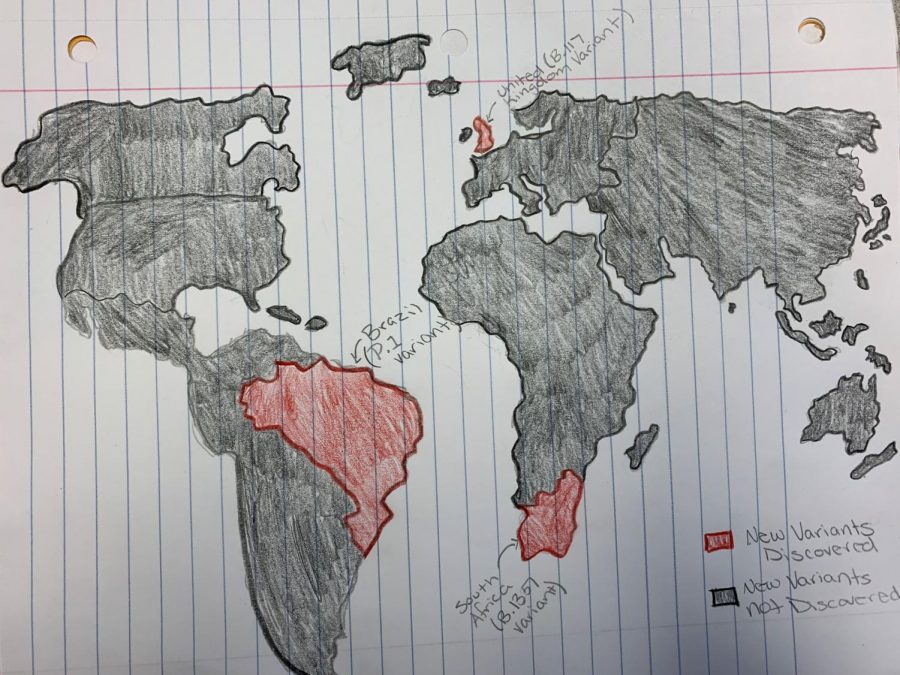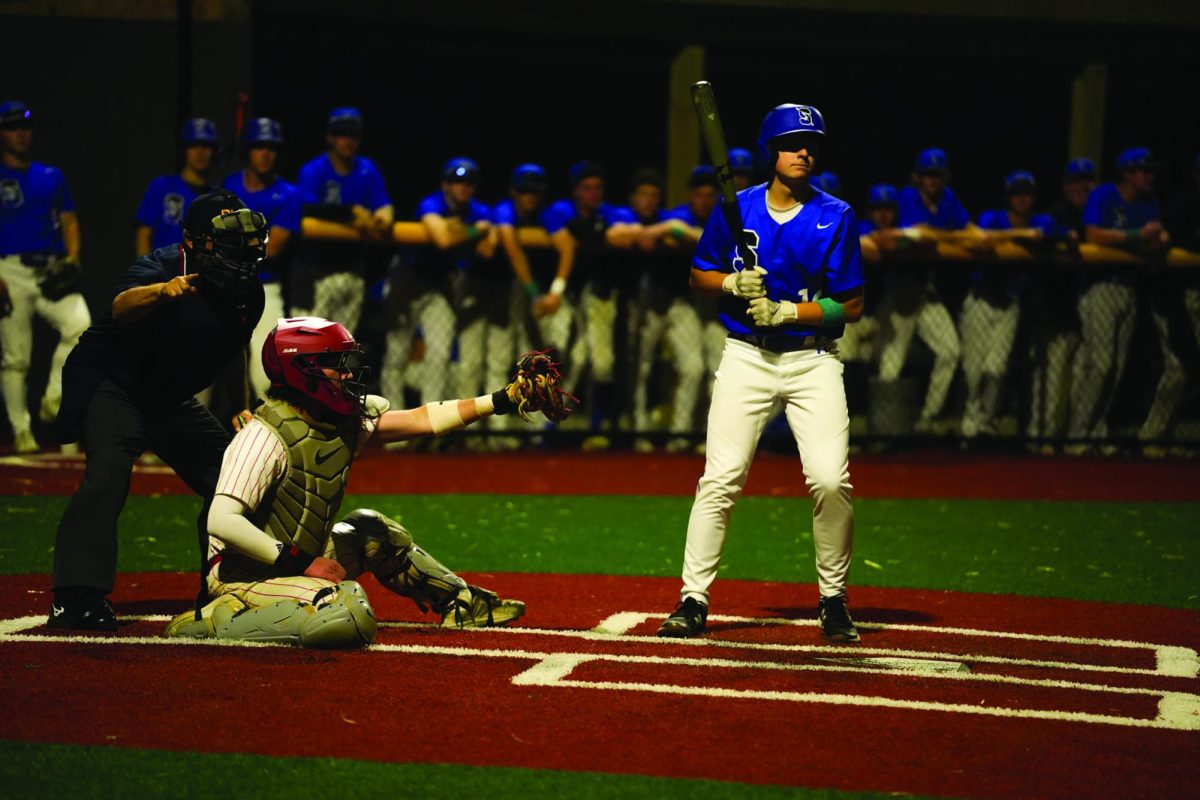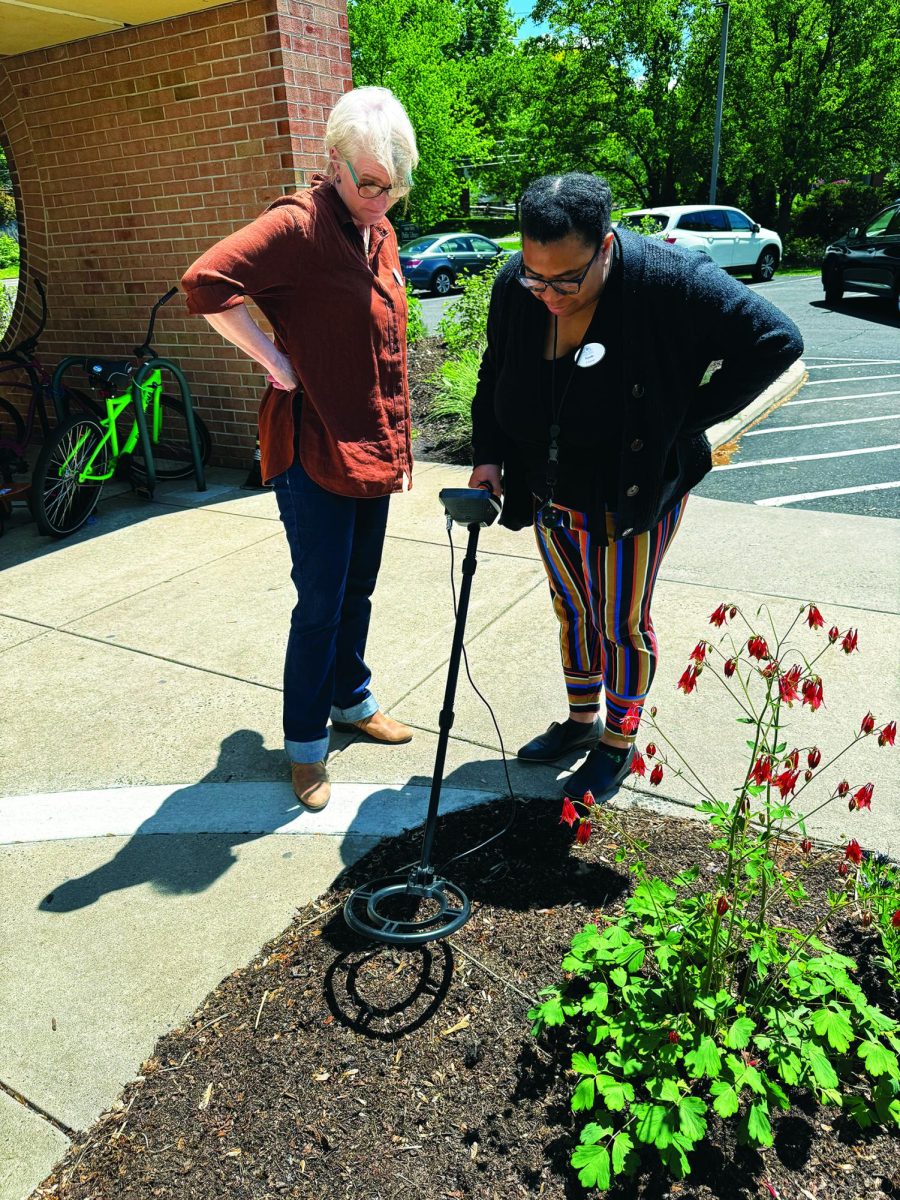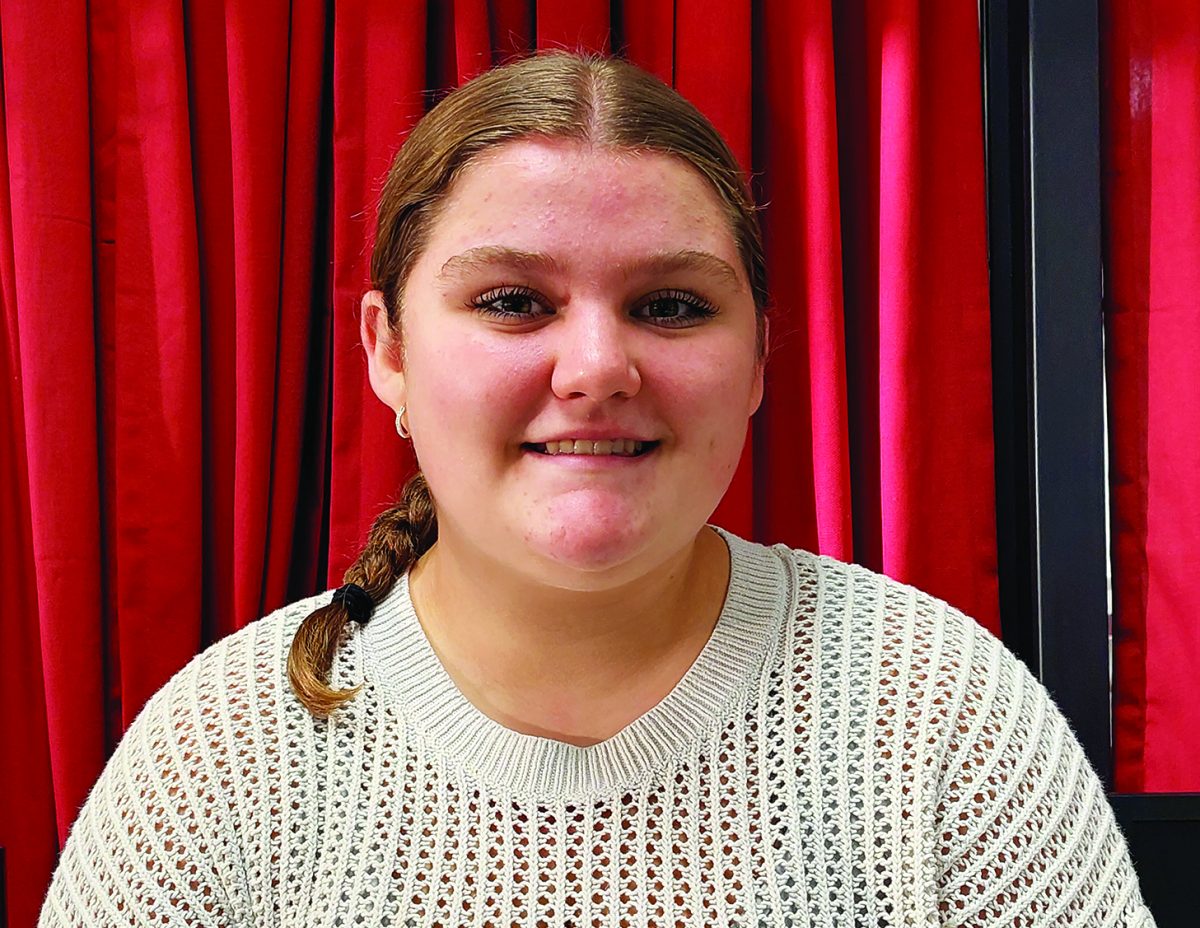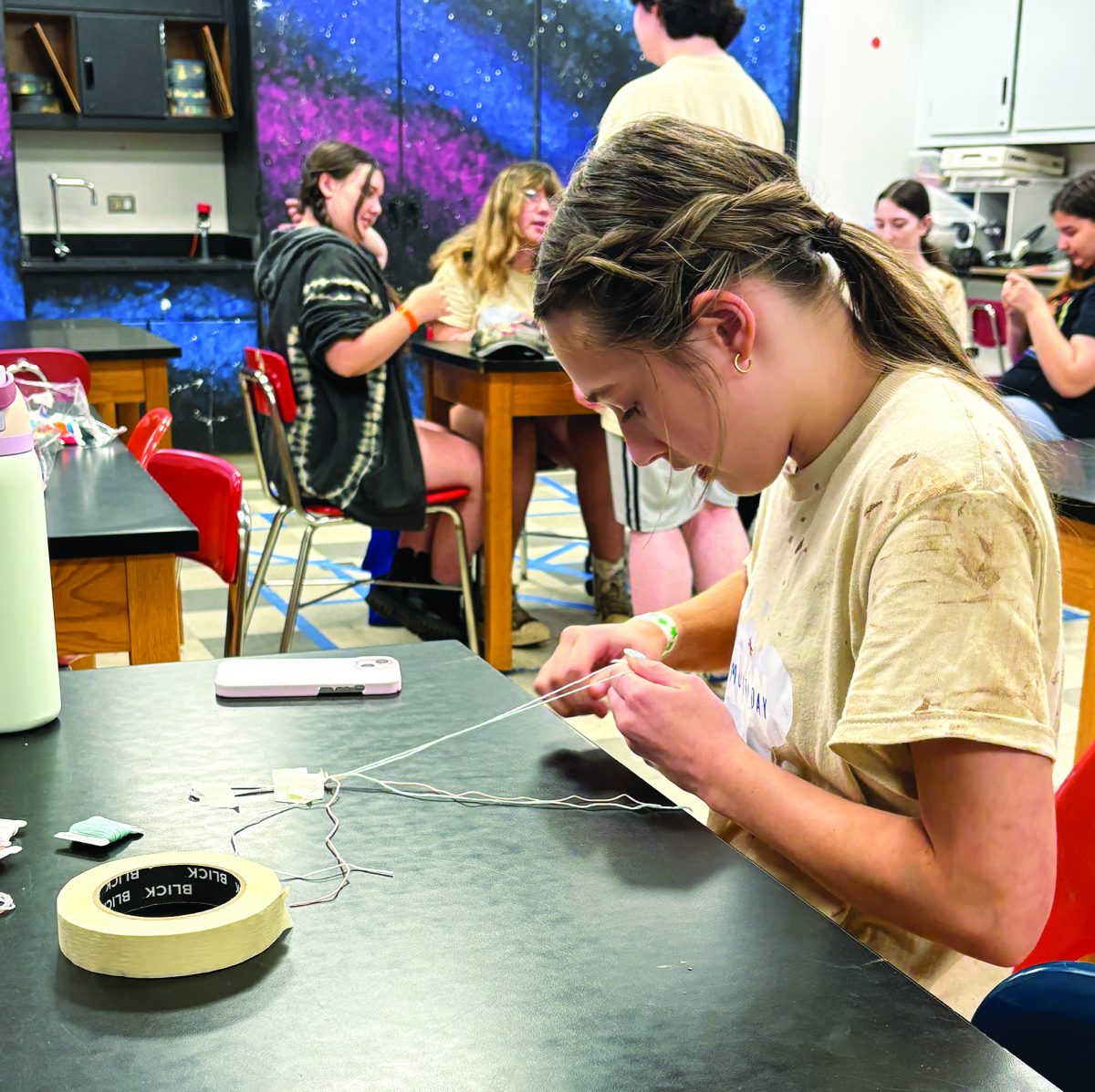Viruses change their biology to make themselves more efficient and to make it easier for itself to spread faster and infect as many hosts as possible. This is exactly what the coronavirus has been doing.
When the virus changes and evolves, it is creating new versions of itself, or variants of itself. These changes can either be helpful or even harmful to the virus.
“Most of these mistakes are harmless or even make the virus weaker and such a variant will die out,” Penn Medicine Doctor Susan Weiss said.“However, if one of these changes renders the virus more efficient, it will be selected for a kind of survival of the fittest and become more common.”
One of the more well-known COVID-19 variants was found in South Africa, but there are few others that have been discovered.
“So far there have been three that have been identified. There’s the B.117 variant, which was found in the UK, the B.1351 variant, which was found in South Africa and the P1 variant, which was found in Brazil,” Centers for Disease Control and Prevention (CDC) researcher Shae Duka said.
A variant changes to become more efficient and make it easier for the virus to spread faster or make the illness more severe. Each of the new variants is like that and they all have different mutations.
“Experts in the UK reported that this variant may be associated with an increased risk of death compared to other variant viruses,” according to the CDC. “[The P1 variant] contains a set of additional mutations that may affect its ability to be recognized by antibodies.”
Although there are new variants that could potentially be harmful, it is not necessarily something the people should be seriously worried about because there hasn’t been enough data to determine otherwise.
“The only time for concern is when a change occurs in a place in a protein that significantly reduces the ability of the response to vaccines to be effective,” Weiss said.
If the variants do become more dangerous there are a few things people may need to worry about.
“An increase in the number of cases will put more strain on health care resources, lead to more hospitalizations, and potentially more deaths, ” according to the CDC.
But according to Duka, these variants only make up a small number of the coronavirus cases and they are not the ones we need to bring all our focus towards. The CDC while dealing with this virus has had two main objectives.
“The primary objective right now is to number one, stop the spread,” Duka said.“Then number two, is getting the population vaccinated as much as possible and as quickly as possible, which will help us really tackle this virus.”
Precautions that have been taken to lower the spread of this virus for example would be mask wearing and hand washing as frequently as possible. Now there are the three vaccines that have helped slow down the spread of COVID-19. These vaccines are Johnson and Johnson, Moderna and Pfizer.
“Everything we’ve been doing from wearing masks to social distancing, to contact tracing to hand hygiene, should still continue,” Duka said.
But even with the new variants Duka said that the best option is for people to get the vaccine.
“There’s no reason you shouldn’t get these vaccines, because as I said, our main priority is to prevent the strain of COVID,” Duka said.
When it comes to keeping up with these regulations and precautions, nothing should change. Despite the new variants, if wearing masks is still continued, there shouldn’t be a problem.
“It is important to wear masks with wild types of virus’ or variants. If the variants truly spread more quickly, then perhaps it is more dangerous not to wear masks,” Weiss said.
COVID-19 is evolving: Here is what you should know
COVID-19 has been around in the United States for a year now and it has infected over one million people. The virus is now evolving and becoming more efficient.
0
More to Discover

